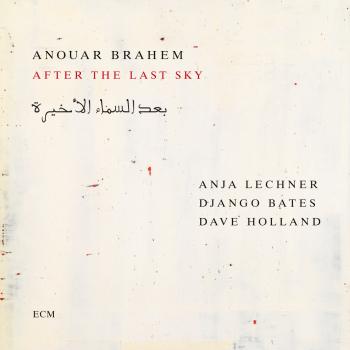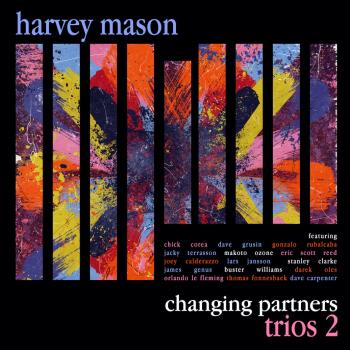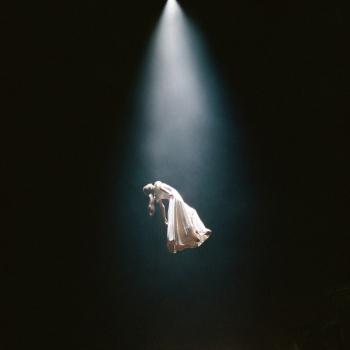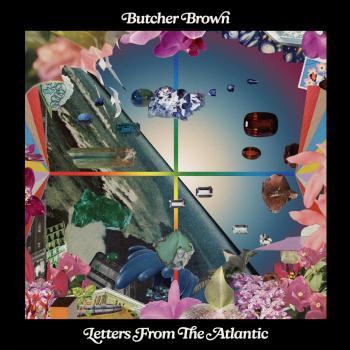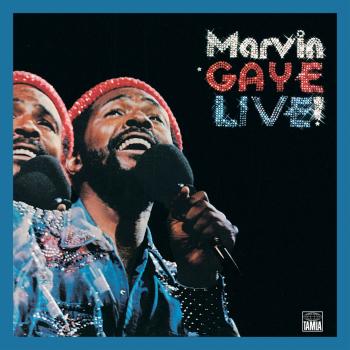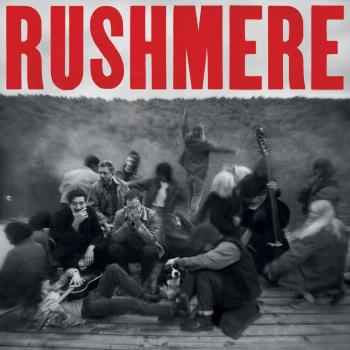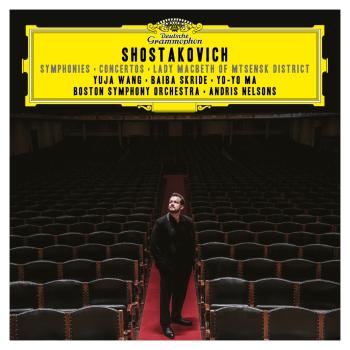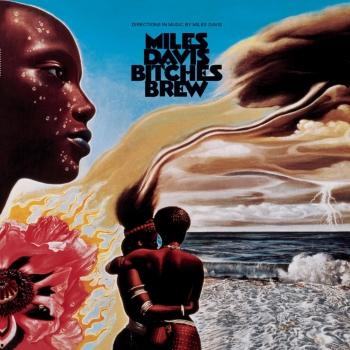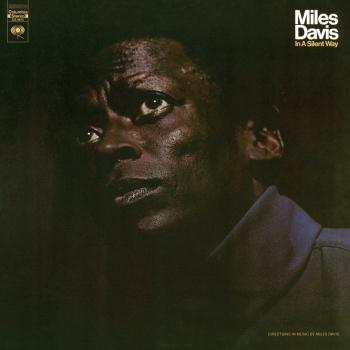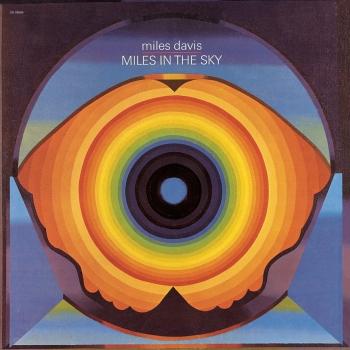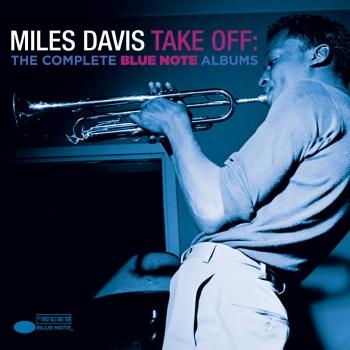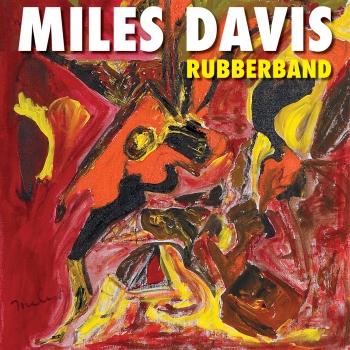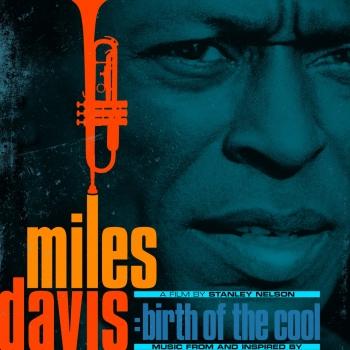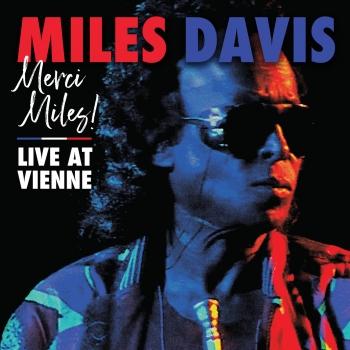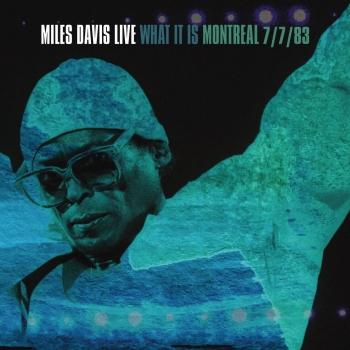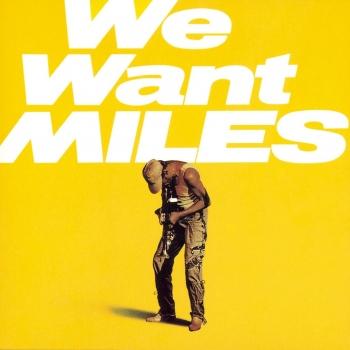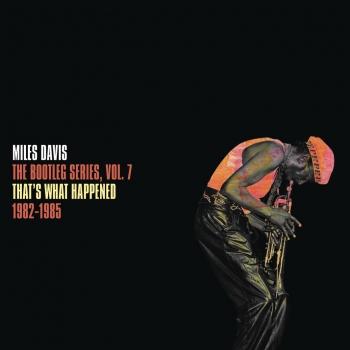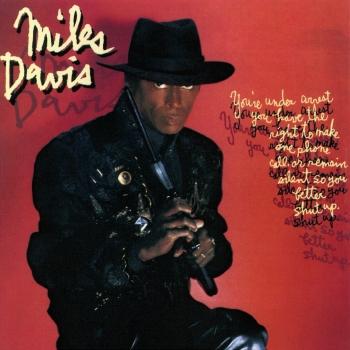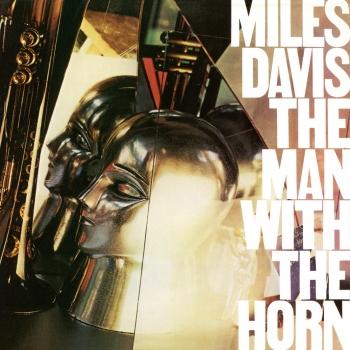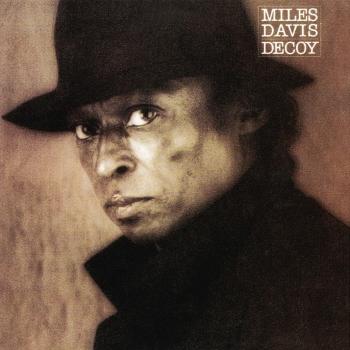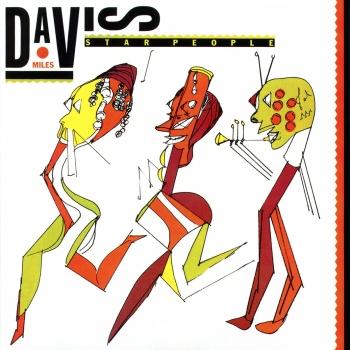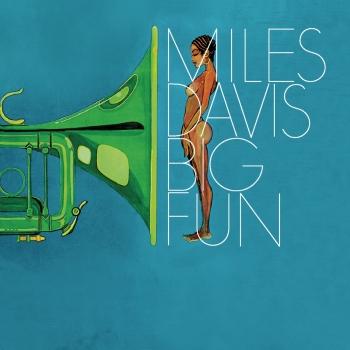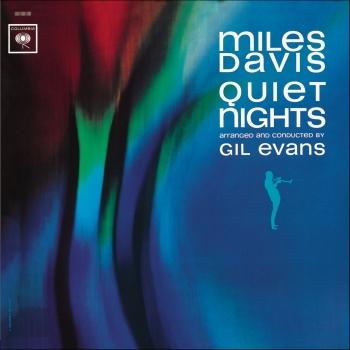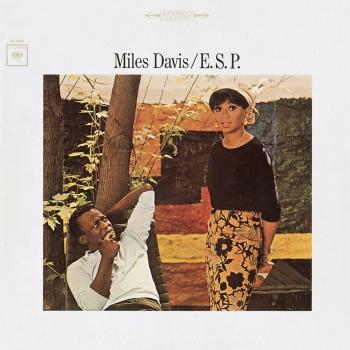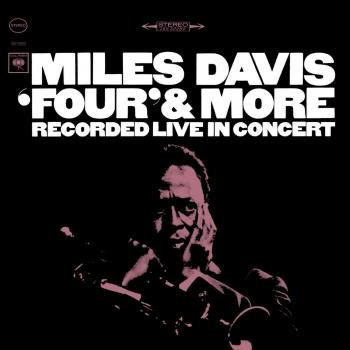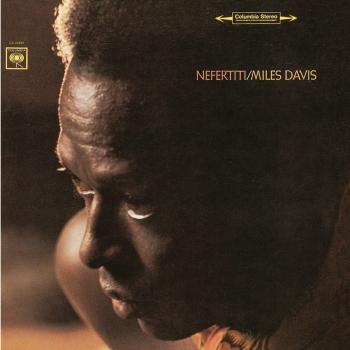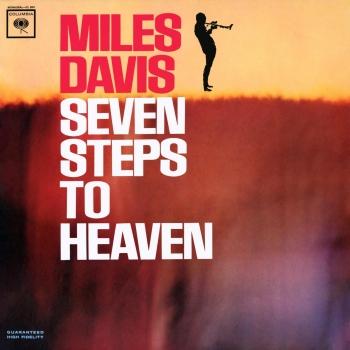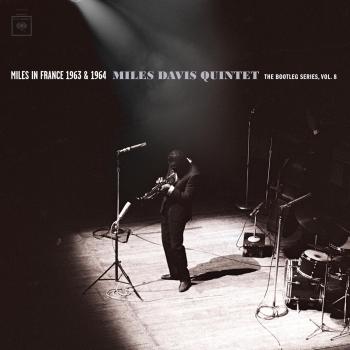
That's What Happened 1982-1985: The Bootleg Series, Vol. 7 (Remastered) Miles Davis
Album info
Album-Release:
2022
HRA-Release:
16.09.2022
Album including Album cover
I`m sorry!
Dear HIGHRESAUDIO Visitor,
due to territorial constraints and also different releases dates in each country you currently can`t purchase this album. We are updating our release dates twice a week. So, please feel free to check from time-to-time, if the album is available for your country.
We suggest, that you bookmark the album and use our Short List function.
Thank you for your understanding and patience.
Yours sincerely, HIGHRESAUDIO
- 1 Santana 13:06
- 2 Minor Ninths, Part 1 03:12
- 3 Minor Ninths, Part 2 04:32
- 4 Celestial Blues, Part 1 08:03
- 5 Celestial Blues, Part 2 04:00
- 6 Celestial Blues, Part 3 05:57
- 7 Remake Of OBX Ballad 04:57
- 8 Remake Of OBX Ballad (Full Studio Session) 07:15
- 9 Freaky Deaky, Part 1 09:50
- 10 Freaky Deaky, Part 2 05:25
- 11 Time After Time (Alternate) 05:54
- 12 Time After Time (Full Studio Session) 08:56
- 13 Theme From Jack Johnson (Right Off) / Intro 08:30
- 14 Never Loved Like This (Studio Session Demo) 05:00
- 15 Hopscotch (Slow) 05:33
- 16 Hopscotch (Fast) 07:01
- 17 What's Love Got To Do With It 04:21
- 18 Human Nature (Alternate) 06:01
- 19 Katia (Full Studio Session) 10:24
- 20 Speak (That's What Happened) (Live In Montreal - July 7, 1983) 12:51
- 21 Star People (Live In Montreal - July 7, 1983) 09:23
- 22 What It Is (Live In Montreal - July 7, 1983) 06:50
- 23 It Gets Better (Live In Montreal - July 7, 1983) 12:33
- 24 Hopscotch (Live In Montreal - July 7, 1983) 07:18
- 25 Star On Cicely (Live In Montreal - July 7, 1983) 09:11
- 26 Jean-Pierre (Live In Montreal - July 7, 1983) 04:57
- 27 Code 3 (Live In Montreal - July 7, 1983) 09:28
- 28 Creepin' In (Jam) (Live In Montreal - July 7, 1983) 10:41
Info for That's What Happened 1982-1985: The Bootleg Series, Vol. 7 (Remastered)
That’s What Happened 1982-1985: Bootleg Volume 7 is the next installment in the celebrated, award-winning archival series that began in 2011, shining an in-depth light onto different eras of the legendary career of Miles Davis. In the 1980s, popular music had moved to a smoother, electronic-based sound that traded the steam of previous years for subdued arrangements meant to elicit peace and deep reflection. Miles Davis embraced this era, pulling inspiration from FM radio and an upstart music video channel called MTV. He was searching for the next frontier, letting his creativity roam. This music on The Bootleg Series Vol. 7 captures that exploration, and finds Miles beginning to re-emerge in a creative landscape far different than the one he left in 1975. He’s touched every inch of pop culture while keeping true to his iconoclastic vision of jazz as amorphous art that’s supposed to bend and flow and mutate to something else. On That’s What Happened, we get to play in the rubble of what would become yet another period of unprecedented innovation. Beauty resides in evolution.
The set collects nearly 4 hours of unreleased music including studio material from 1982 to 1985 plus a complete, blistering show of one of Miles’ last amazing bands captured live at the Festival International De Jazz De Montreal in July 1983. Side men include a multi-generational who’s who of jazz talent from JJ Johnson, John McLaughlin, Al Foster and John Scofield to Mike Stern, Marcus Miller, Daryl Jones and Vince Wilburn.
Miles Davis – That’s What Happened 1982-1985: The Bootleg Series Vol. 7 was produced by the multi-GRAMMY winning team of producers Steve Berkowitz, Michael Cuscuna and Richard Seidel and mastered by multi-GRAMMY winning Sony Music engineer Mark Wilder.
"Asked in the 1980s why he changed his music so many times, Miles replied 'You don't change music, music changes you,'" Tate wrote. "He also stridently stated: 'You don't play what the critics tell you to play, you play what your body tells you to play.'"
Miles Davis
Digitally remastered
Trumpeter Miles Davis grew up in East St. Louis, Illinois, just across the river from St. Louis, Missouri. His parents were affluent, and had the means to support his musical studies as a boy. He began playing the cornet at age nine, and received his first trumpet at around twelve or thirteen. He studied classical technique, and focused mainly on using a rich, clear tone, something that helped define his sound in later years.
As a teenager, he played in various bands in St. Louis, which was rich with jazz, as big bands often stopped there on tours throughout the Midwest and southern states. The most important experience he had was when he was asked to play in the Billy Eckstine band for a week as a substitute. The group included Charlie Parker, Dizzy Gillespie, and Sara Vaughan. After playing with these stars, Davis knew he had to move to New York to be at the heart of the jazz scene.
In Pursuit of Parker:
In 1944 Davis moved to New York City where he had earned a scholarship to study trumpet at the Juilliard School of Music. Upon arriving however, he sought after Charlie Parker, and meanwhile spent all of his time in jazz clubs listening to bebop. He was transfixed on the music, and grew utterly bored with his classical studies. After less than a year at Juilliard, he dropped out and tried his hand at performing jazz.
Although not particularly stunning, his playing was good enough to finally attract Charlie Parker, and Davis joined his quintet in 1945. He was often criticized for sounding inexperienced, and was compared unfavorably to Dizzy Gillespie and Fats Navarro, who were the leading trumpeters at the time. Both boasted stellar technique and range, neither of which Davis possessed. In spite of this, he made a lasting impression on those who heard him, and his career was soon set aloft.
Cool Jazz and a Rise to Fame:
Encouraged by composer and arranger Gil Evans, Davis formed a group in 1949 that consisted of nine musicians, including Lee Konitz and Gerry Mulligan. The group was larger than most bebop ensembles, and featured more detailed arrangements. The music was characterized by a more subdued mood than earlier styles, and came to be known as cool jazz. In 1949 Davis released the album Birth of the Cool (Captiol Records).
Change of artistic direction became central to Davis’ long and increasingly influential career. After dabbling in hard bop as a leader on four Prestige recordings featuring John Coltrane, he signed with Columbia records and made albums that featured Gil Evans’ arrangements for 19-piece orchestra. These were Miles Ahead, Porgy and Bess, Sketches of Spain, and Quiet Nights. He rose in popularity with these recordings, in part due to his signature sound, which he often enhanced by using a Harmon mute.
Kind of Blue and Beyond:
In 1959 Davis made his pivotal recording, Kind of Blue. It was a departure from all of his previous projects, abandoning complicated melodies for tunes that were sometimes only composed of two chords. This style became known as modal jazz, and it allows the soloist expressive freedom since he does not have to negotiate complex harmonies. Kind of Blue also featured John Coltrane, Cannonball Adderley, and Bill Evans. The album is one of the most influential in jazz, and is Columbia Records’ best-selling jazz record of all time.
In the mid 1960s Davis changed directions again, forming a group with Herbie Hancock, Wayne Shorter, Tony Williams, and Ron Carter. This group was known for the excellence of each individual member, and also for its unique performance approach. Each night the tunes would sound different, as the musicians would sometimes only loosely adhere to the song structures, and often transition from one right into the next. Each player was given the chance to develop his solos extensively. Like all of Davis’ previous groups, this quintet was highly influential.
Late Career:
Despite health problems, drug addiction, and strained personal relationships, Davis continued to play, changing his approach with each new project. In the late 60s and 70s, he began to experiment with electronic instruments, and grooves that were tinged with rock and funk music. Two famous recordings from this period are In a Silent Way and Bitches Brew. By the time the 1980s rolled around, Davis was not only a jazz legacy, but a pop icon, whose music, persona, and fashion style were legendary.
Davis died in 1991, as perhaps the most influential jazz artist ever. His vast body of work continues to be a source of inspiration for today’s musicians. (Jacob Teichroew, About.com Guide)
This album contains no booklet.

